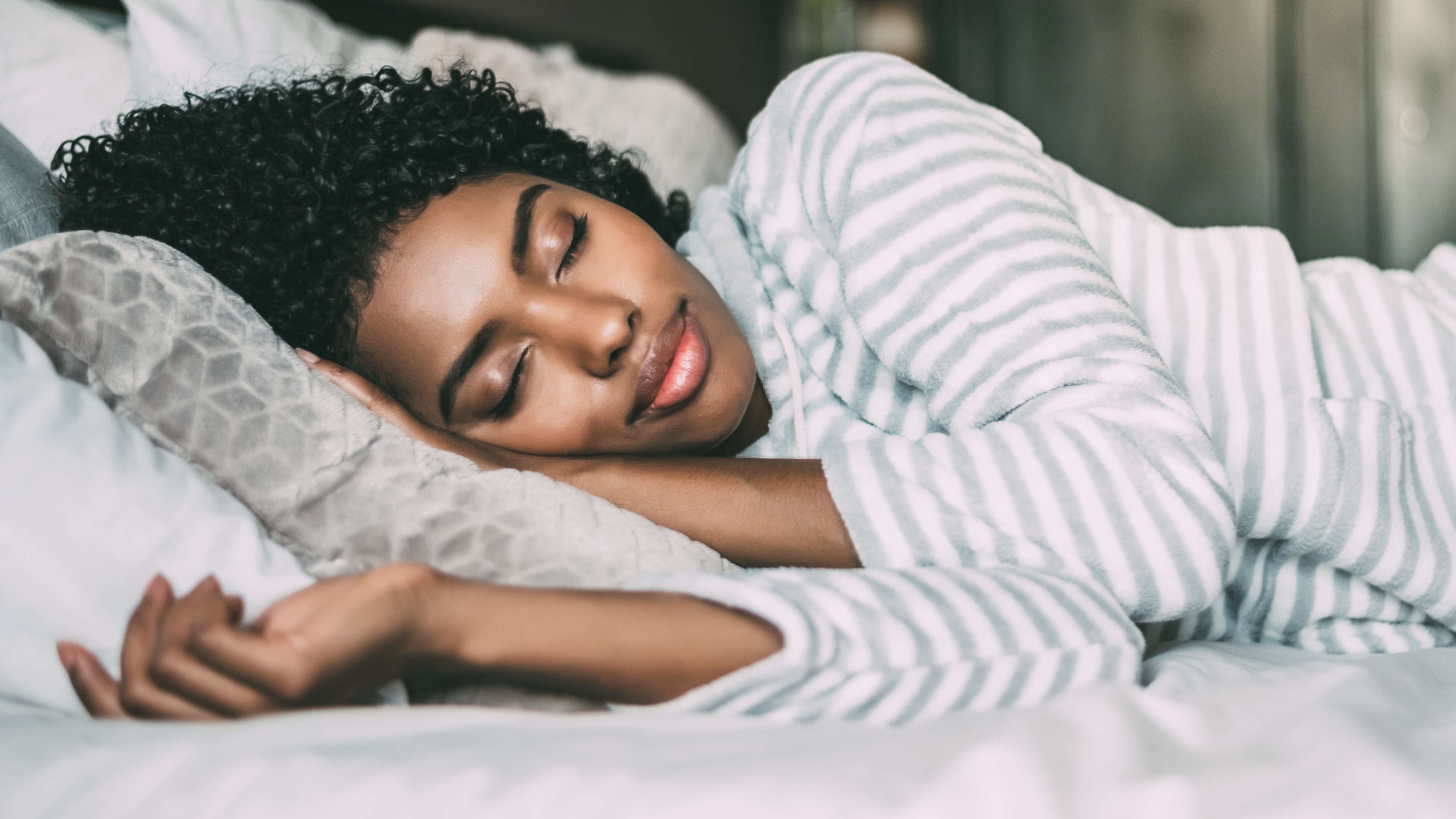Why Sleep is an Eye-Saver
&srotate=0)
Sleep is important for all your bodily functions, but did you know that it can contribute to eye health in significant ways? Learn more about how sleep can save your eyes with these facts.
What happens during sleep?
While you sleep, your body is working to repair itself. Everything from your muscles to brain to tissue is undergoing renewal. Additionally, your long-term memory is stored and organized while chemicals and hormones are restored to normal levels.
How do your eyes benefit during sleep?
During sleep, your eye cells are restored. Restored eye cells lead to healthier eyes that function better. Some benefits of enough sleep for your eyes include clearer eyesight, improved lubrication of the eye, and healthier nerves and tissues that surround the eyes. Additionally, you may avoid fewer eye-related headaches with clearer vision during both nighttime and daytime.
What can happen to your eyes due to a lack of sleep?
Without enough sleep and time for cell renewal, you may experience blurred vision, eye fatigue, itchy eyes, and spasms. Spasms may reduce vision and cause problems with work and daily life. Reading and using the computer may become more difficult and daily activities like driving may turn dangerous due to reduced vision clarity.
How much sleep do I need?
The amount of sleep you need may vary slightly, but the majority of adults need seven to eight hours of sleep each night for ideal rest. Maximize the quality of sleep you get by keeping your bedroom temperature comfortable, turning off all screens an hour before bed, and trying relaxation techniques to wind yourself down.
To learn more about your vision options, attend our FREE Online Vision Seminar every Tuesday at 7 p.m. CST.
Dr. Ming Wang, Harvard & MIT (MD, magna cum laude); PhD (laser physics), and our other WVI surgeons have performed over 55,000 procedures, including on over 4,000 doctors.